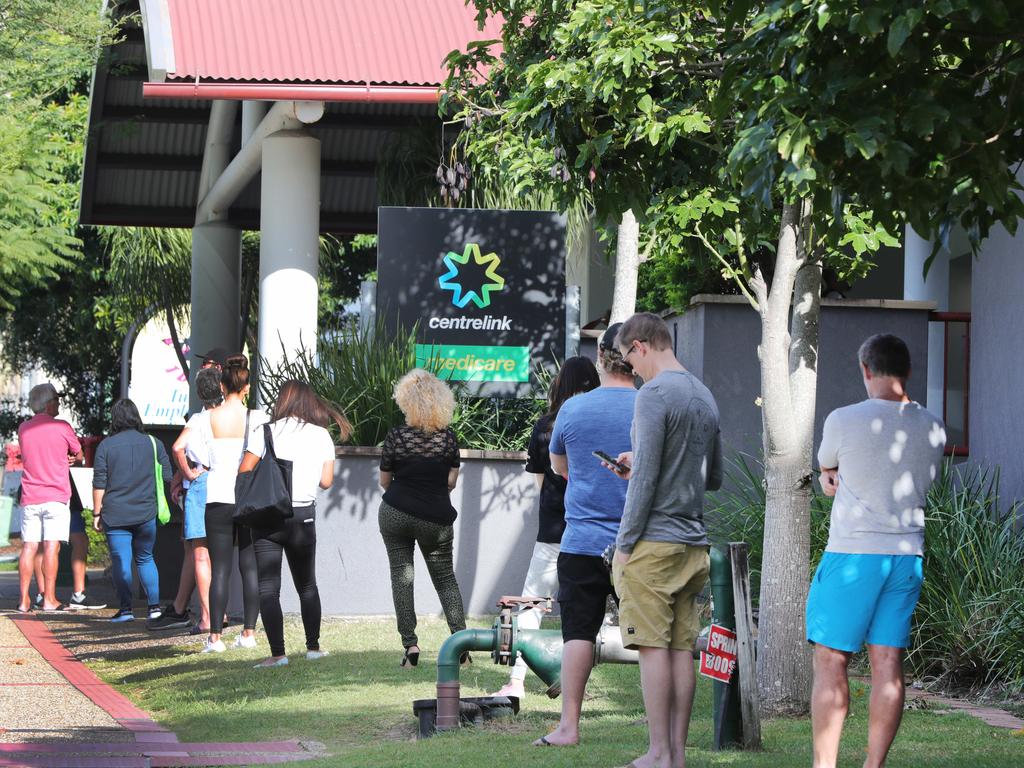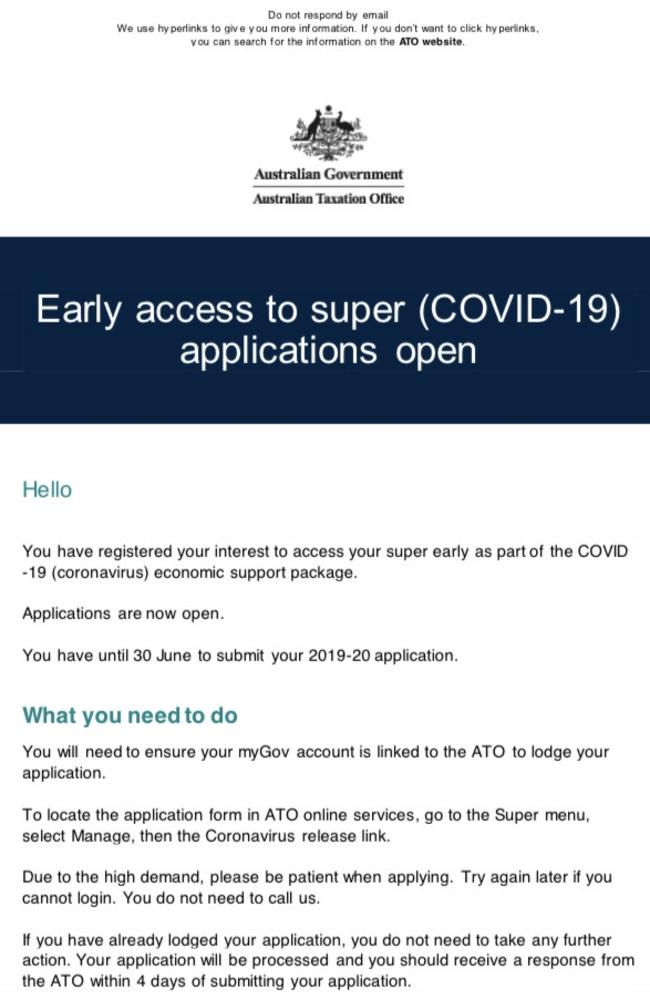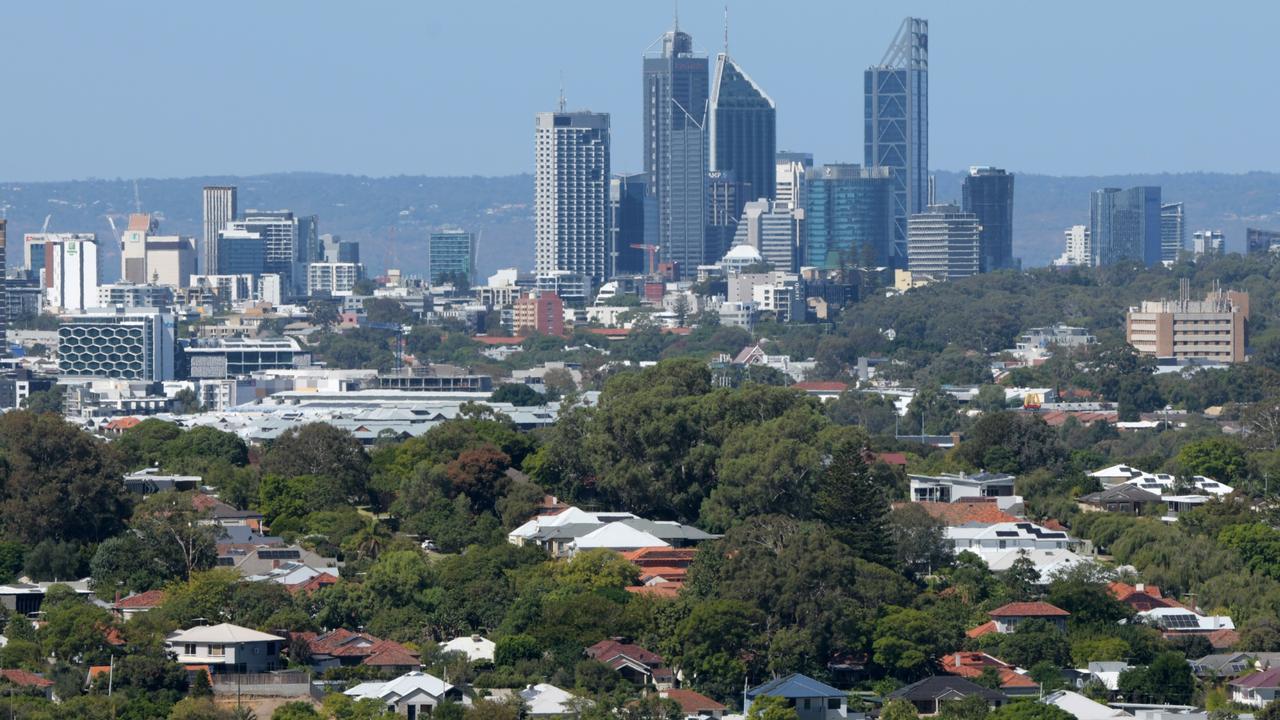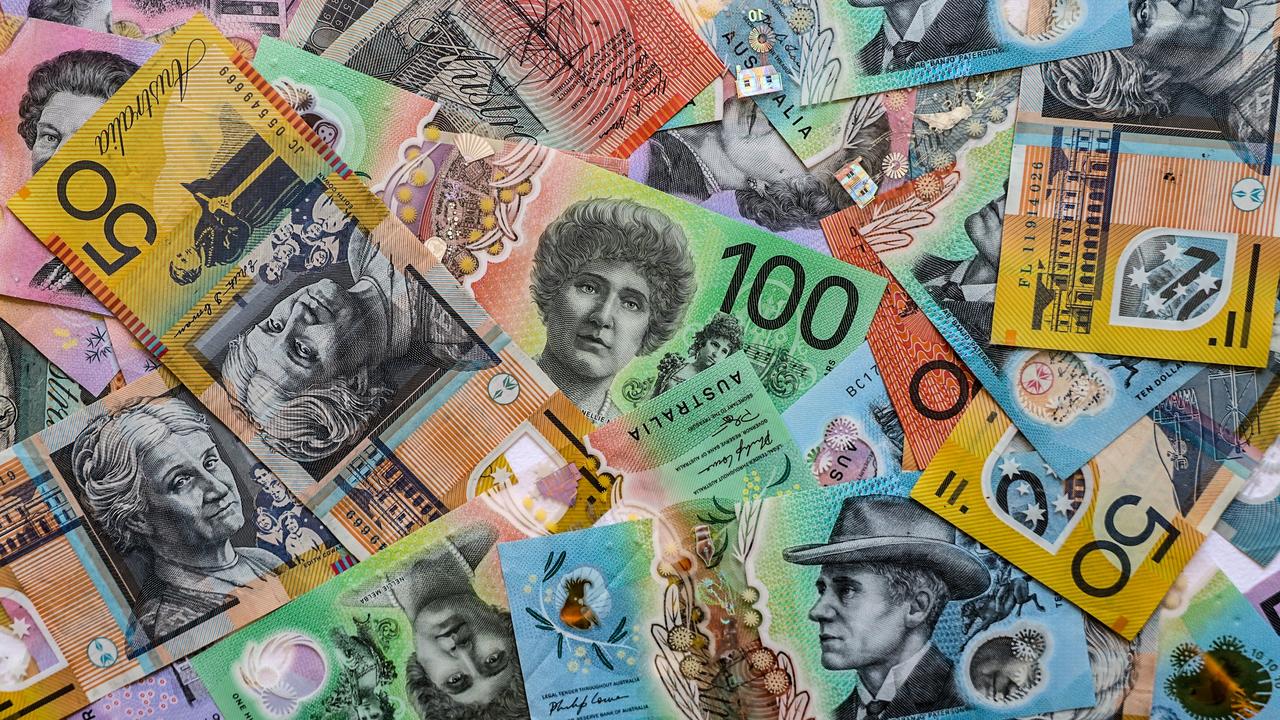Credit card debt Australia: What to do if you’re struggling right now
As fears of an “imminent recession” mount, one finance expert has revealed an all-too-common money trap all Aussies should avoid.

If the phrases “financial crisis”, “imminent recession” and “increasing unemployment rates” are fuelling a pit of anxiety in your stomach, you are not alone.
Many Australians have had their financial situation change almost overnight as the economic impact of the coronavirus pandemic hit.
Data from the Pulse of Australia/News Corp survey found 31 per cent of households have lost income from employment, 23 per cent have lost income from investments and 35 per cent have been impacted by a higher cost of living.
Debt, especially credit card debt, is a major concern for households.
RELATED: Tax Office reveals new working from home expenses rules
RELATED: What deferring mortgage repayments means for your credit score
A recent report from financial services and consumer insights firm JD Power found that while overall Australian household spending has decreased, credit card expenditure on household necessities and monthly bills is on the rise.
But there is help to get through these tough times.

THE DEBT CYCLE
Firstly, here’s what not to do.
Whether it’s due to an unexpected lay-off or a significant cut to your working hours that has you scrambling to meet your payments, a key mistake to avoid is getting into more debt to pay off outstanding balances, says Ladies’ Finance Club, head money coach Besty Westcott.
While it may be a short-term solution to financial woes, high interest rates associated with loans like credit cards and payday loans can have long-term effects and put you further into debt.
“If you’re looking into debt as a solution to short-term financial woes, I would advise to take your time and think is this the best financial move for me right now,” she says.
“It’s a risk. If you’re not paying that off and that interest is compounding, what was a $1000 loan is suddenly a $1500 loan.”
Instead, Ms Westcott advises people to look at how they can reprioritise their spending, perhaps seek temporary support from their bank, tap into government support like JobSeeker payments (if applicable) or pick up different work.
HOW TO DEAL WITH DEBT AND REDUCED CASHFLOW
If you are struggling with debt and cashflow, Ms Westcott says the first step is to take proper stock of your situation. Although it’s advice she’d give her clients regardless of a pandemic, she says this will help you see which areas you have influence over, especially during these uncertain financial times.
“We’ve had economic growth for over 25 years. We haven’t had a crazy shake-up like this. Even with the Global Financial Crisis, we fared pretty well compared to other parts of the world,” she says.
“This is a new feeling and a new situation for most of us.”
She advises people to:
1. Write down everything you owe
Make sure this includes your exact balance, interest rate and minimum repayment on all your debts.
2. Work out how much of this you can actually pay
“You might find that you can still keep your head above water if you reprioritise your spending,” she says.
While purse strings are being tightened all over the country, opting to buy generic grocery items over branded products will reduce spending. If you haven’t already, it’s also time to review any non-essential subscription services you can go without.
3. Reach out for assistance
“First of all make sure you’ve applied for any government support that’s available. Then if you’re struggling to make repayments on loans or credit cards, reach out to your bank. If you’re struggling to pay your utility bills, reach out to your utility providers and see if they can help you negotiate some financial hardship relief,” she says.
“So many people are in this boat and now more than ever, banks and utility providers are expecting this and they’re training their staff to have these conversations which are fairly emotionally charged.”
If that sounds really overwhelming, there’s also the National Debt Helpline (1800 007 007) who will help you negotiate your debts and organise repayments. If you go on MoneySmart.gov.au, they also have a bunch of resources for you.
PUTTING ALL YOUR DEBT INTO ONE BASKET
If you have multiple debts from different banks, ‘consolidating’ your debt into one account can be a good option.
Personal finance expert at Finder, Kate Browne says debt consolidation can help people struggling with debts that carry high interest rate, like credit cards.
It could also help you get rid of that debt sooner, especially if you look to a balance transfer credit card with a low or 0 per cent interest rate for up to 26 months. A personal loan will also normally carry a lesser interest rate than a credit card. Just make sure to stick to a payment plan.
“Keep in mind that after the promotional period, a higher rate of interest will apply so the aim is to pay off your existing debt before this period ends,” Ms Browne says.
“With lockdown measures still in place, you may find you’re saving in some areas such as public transport and petrol so now could be a good time to funnel these savings towards paying down your debt.”
RELATED: Dark days ahead for Aussie shares
RELATED: Warning for mum and dad investors
THE ‘SUPER’ ISSUE
Under a government scheme, individuals who are out of work or can prove they have lost 20 per cent of their income will be able to withdraw $10,000 from their super fund before July – with another $10,000 available in the 2020/21 financial year.
While the scheme has currently been paused – due to alleged identity theft cases, Ms Westcott says this should be used as a “last resort”.
“Your super is preferable to borrowing money to get by but treat it as a last resort because there is a long-term opportunity cost by taking it out,” she says.
“I would ask myself a few key questions: ‘where can I reprioritise my spending?’, 'do I have emergency savings that I can use', 'can I generate more income myself or via government support?'.
“Of course if you’re struggling to eat or keep the roof over your head, obviously you’ve got to meet your short term needs as a priority. If retirement is something that’s 35 years away then you're going to prioritise your immediate needs over that longer term need.”

If you do resort to accessing your super, Ms Westcott says you should make a point to return the amount you’ve withdrawn once you’re financially stable.
“Make a promise to yourself that you’re going to make some extra contributions to repay that to your super. If that’s possible, that would be a great move.”
If you or someone you know is experiencing financial, phone the National Debt Helpline on 1800 007 007 of visit the website here.



